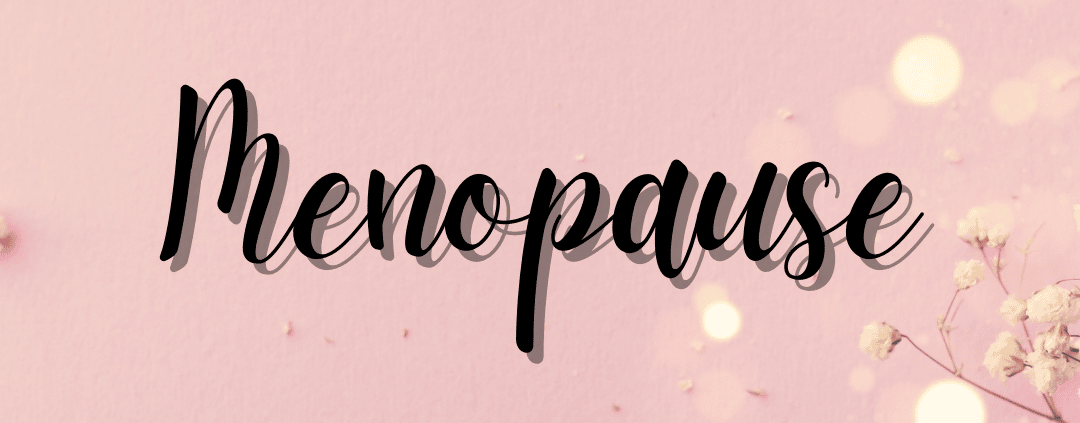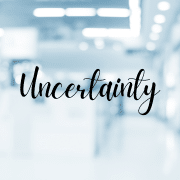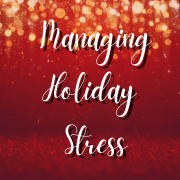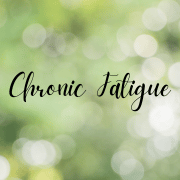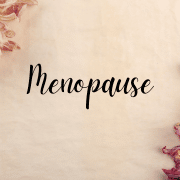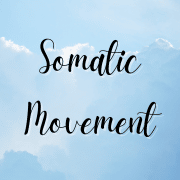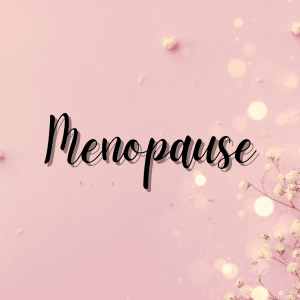 Why are we talking about menopause
Why are we talking about menopause
Over the course of six blogs we are looking at Menopause. Why? Because so many women go through it, without understanding the changes, and how they can manifest. I was diagnosed with burnout back in 2011. I realise, with hindsight, that menopause was a major contributing factor to my symptoms and mental state. Are you in a similar situation? We can have a much better transition if we have a better understanding of menopause. We can learn to work with our bodies and find our personal path.
Why is the menopause such a taboo subject? Is it the lack of accessible education and information, albeit that there is an abundance of information if we look online? We spoke to natural menopause expert Sarah Davison to understand what menopause is, how to prepare for it and how to manage symptoms.
Stigma
There has always been somewhat of a stigma around talking about women’s bodies, and even more so when it comes to menopause. Perhaps, in a modern world, certainly in western civilisation, everyone strives to hold on to youth and no one wants to talk about aging. The word alone can be fear inducing to women, and even more so to men!
I was watching Breeders on TV the other day, and this was illustrated so beautifully. (Warning spoiler alert if you have not finished watching the series yet!) Ally, the main character is 42 and thinks she is pregnant. She is not sure she really wants another baby. She goes to see the doctor, only to find out that she is perimenopausal, which can give a false positive on a pregnancy test. Ally says she feels like an empty husk, mourning the baby that will unlikely never be born. She becomes depressed and start behaving erratically. It’s an important stage of our lives as women. We need information before we hit menopause, so that we understand what is happening and how to deal with it. What are our choices? We will talk a about treatment in more depth in a later blog.
Ignorance in the workplace
It is estimated that around 13 million women in the UK are currently going through the menopause at any given time. Around 80% will be in work. 81% of women have noticeable menopause symptoms. That means around 8.4 million women are dealing with symptoms while working! Employers should start thinking about providing help and support to employees as they go through menopause. It is not just women that need education and information but everyone around them too. Some women do not even know that they are experiencing menopausal symptoms. In our experience many, if not all women feel like they are unable to talk about menopause at work. The taboo needs to be broken!
Hot flush?
Have you ever sat in a meeting having a hot flush and a colleague said something about you looking embarrassed or made a funny comment about heat? I have experienced exactly that! This is why more education is required in the workplace, to help others comprehend some of the symptoms and be more understanding and supportive. I learned to make a joke before anyone else could comment, but I should not have had to do that.
Symptoms
There can be many symptoms during menopause. Some of those symptoms can include anxiety, stress and physical and cognitive symptoms that can interfere with our ability to work. For me it was hot flushes, feeling like I had an axe through my head and going to get something and then forgetting what it was I had gone to get, or forgetting a name or a word. Perhaps, if we had more information at a younger age, it would give us time to prepare. Even the medical profession needs more education. My GP did not even consider or discuss the possibility that I could be experiencing symptoms of menopause when I was diagnosed with burn out. While it might not have been the full story it was certainly a contributing factor.
Why don’t we talk about it?
 There is a massive lack of knowledge and misinformation surrounding menopause. Women are unlikely to be given literature about it. Completely uneducated and unprepared, most women end up doing their own research to find more information. For instance, we get education around periods, pregnancy and the pill, so why not later life stages?
There is a massive lack of knowledge and misinformation surrounding menopause. Women are unlikely to be given literature about it. Completely uneducated and unprepared, most women end up doing their own research to find more information. For instance, we get education around periods, pregnancy and the pill, so why not later life stages?
Clinically Speaking
Clinically speaking, the menopause is just one day. The day that falls a year after you had your last period. Did you know that? For around 2-14 years, women may have what is called perimenopause symptoms. Did you know there are as many as 49 possible symptoms you may experience? With the millennial generation now hitting 40 they are going into perimenopause without even knowing or recognising the symptoms. Perhaps you can help them by sharing this post!
Thank you to Sarah Davidson for the contribution and information. Sarah can be reached at thrivehomeopathy.com.
Sarah offers a free perimenopause assessment that allow you to check how many of the 49 possible symptoms you have. Click here to take the assessment. You do not have to suffer alone!
Over the next few weeks, we will be exploring the other elements of menopause.
- Stress
- Natural VS HRT
- Menopause in the Workplace
- The Hidden Gift of Menopause

